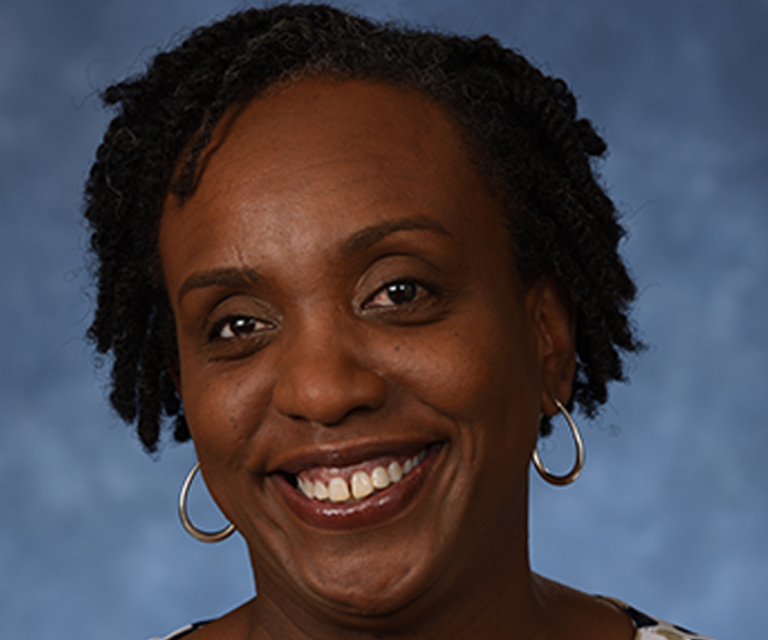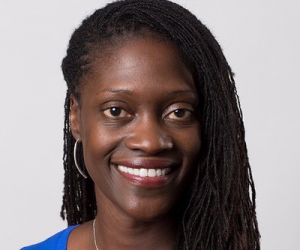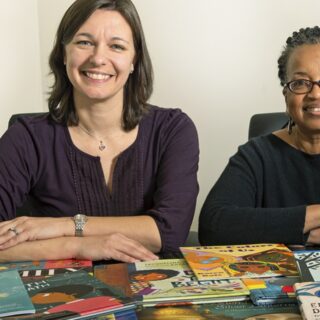
$3 Million Grant Seeks to Build Stronger Career Pathways for Engineering Faculty of Color
As the associate dean for diversity, equity, and inclusion at the Carnegie Mellon University College of Engineering, Alaine Allen (MEd ’93, EdD ’17) helps Students and Faculty of Color to achieve their dreams of becoming the innovative engineers and progressive teachers of tomorrow.
Her work addresses the widespread, historic underrepresentation of Black, Latinx, Indigenous Peoples, and other minoritized populations in STEM programs nationwide.
Now Allen is teaming up with Linda DeAngelo of the University of Pittsburgh School of Education, as well as colleagues from Carnegie Mellon University and peers from two other highly selective institutions, to develop a new career advancement model for early-career, tenure-stream engineering faculty from underrepresented groups. This model can eventually be used at other engineering schools.
Called Project ELEVATE (Equity-focused Launch to Empower and Value AGEP Faculty to Thrive in Engineering), the project will create an alliance among the engineering schools of Carnegie Mellon, Johns Hopkins University, and New York University. The model will be funded by a nearly $3 million grant from the National Science Foundation (NSF) and will build on the preexisting work of the Alliances for Graduate Education and the Professoriate (AGEP). Work began in summer 2022 and will continue through 2027.
“My heart’s desire is that we encourage young people to pursue engineering and other STEM disciplines,” says Allen, who is the project’s principal investigator and also holds an appointment as Distinguished Service Professor of Engineering and Public Policy at Carnegie Mellon. “This grant makes a space for them to become faculty and deans and provosts and presidents. This project is making a space for them all along the pathway for them to accomplish that goal.”
Project ELEVATE will focus on building sustainable infrastructure for career advancement pathways in three primary areas:
- Developing a professional network that offers impactful and identity-affirming mentorship for early career engineering faculty.
- Creating equity-centered professional development (based on the Aspire model) to help all engineering faculty and institutional leaders support inclusive practices for career advancement.
- Driving institutional change through leadership councils that will create more equitable conditions for the career advancement of early career faculty.
As a co-principal investigator, DeAngelo, an associate professor of higher education at Pitt Education in the Department of Educational Foundations, Organizations, and Policy, is serving as the internal evaluator for the project.
“We are getting at the heart of change and transformation by engaging a system,” says DeAngelo. “The whole point is to create a model that is transportable to other institutions.”
As the internal evaluator, DeAngelo has begun to measure the current experiences of engineering Faculty of Color at Carnegie Mellon, Johns Hopkins, and New York University to establish a baseline. She will document how it changes over time based on measures implemented through the project.
“We have an ambitious goal. We want every single faculty from these groups in our program at these three institutions,” says DeAngelo.
Buy-in from leadership can help make that happen, which is why Project ELEVATE enlisted the deans and associate deans of the three institutions as co-principal investigators.
Allen is applying lessons learned from her two degrees from Pitt Education: a Master of Education in policy, planning, and evaluation studies and a Doctor of Education in higher education management.
She believes the structural changes made through the project can strengthen all institutions, but especially at engineering schools and other STEM-oriented programs. She wants to get to the point where Faculty of Color don’t feel singled out as the only person of color at their institution.
“We are blessed to have multiple Faculty of Color at CMU,” says Allen, “but there are many spaces where it’s just one or two people. Those people can feel isolated in that space.”
Project ELEVATE aims to make sure that, in the future, no early career faculty feel that way.




